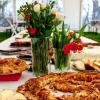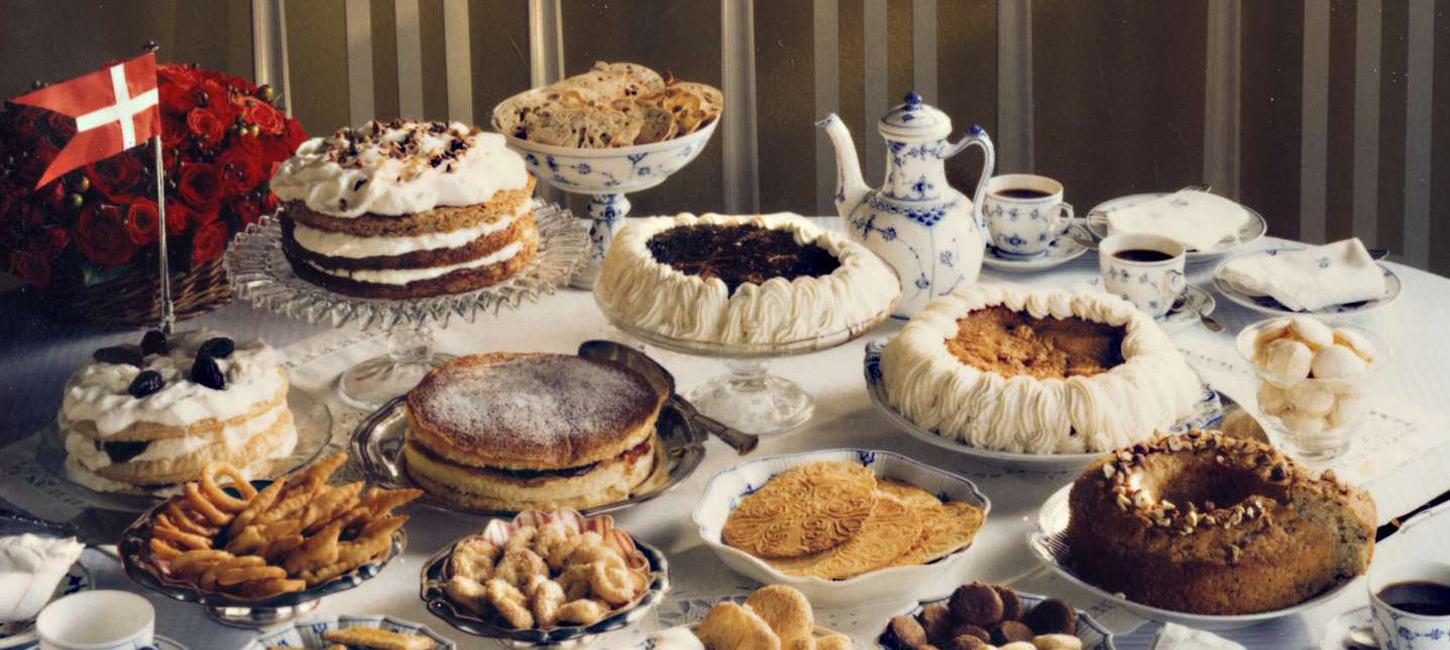
Southern Jutlandic Coffee Table
The region's famous Coffee Table - Sønderjysk Kaffebord - is an institution that can be traced back to the Danish struggle for sovereignty.
Lined up on the long table, the numerous cakes make an impressive sight. There’s everything from Swiss rolls, pastries and sponge cakes to layer cakes, biscuits and tarts. A veritable spread of delights!
Welcome to the Southern Jutlandic Coffee and Cakes table (Sønderjysk Kaffebord), which has developed into something of an institution in the region.
Calling it a coffee table is perhaps a little misleading, as it’s the cakes, rather than the coffee, which catch the eye. What many people don’t know, however, is that behind the cakes, there’s a more serious story that can be traced back to the Danish struggle for sovereignty in Sønderjylland.
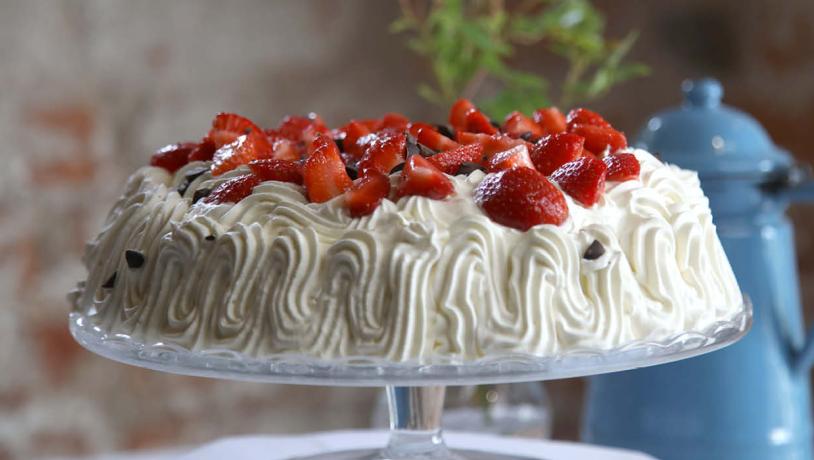

Following the war in 1864, Southern Jutland came under Prussian control, which was certainly not popular amongst many Danish-minded locals. They therefore met in village halls to hold meetings and sing Danish songs, although the latter were officially prohibited.
The Prussian authorities, however, were not prepared to grant liquor licences to the village halls, so it wasn’t possible to conclude meetings with the traditional coffee-punch. Instead, the Danes began organising so-called coffee and cakes tables. This didn’t require a liquor licence, and the Germans couldn’t prevent Danish-minded speeches and songs being recited across the sumptuous spread.
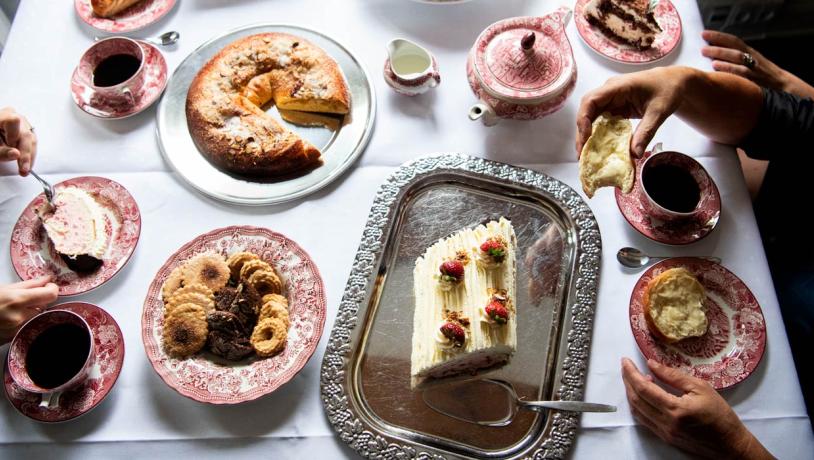
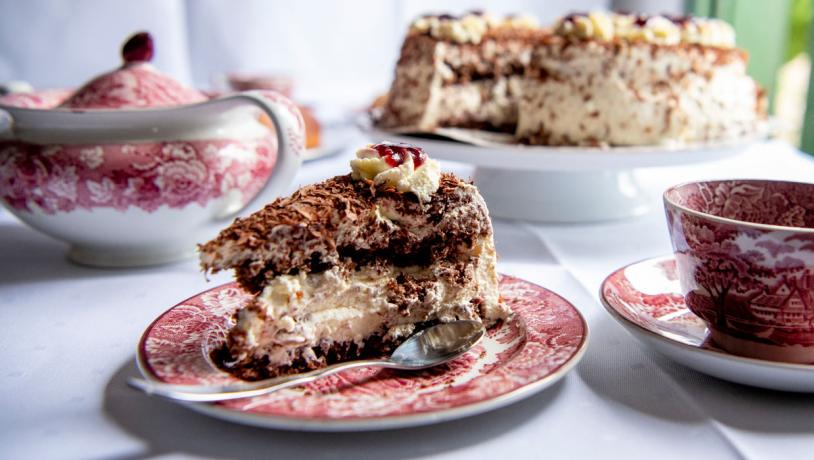
Since no village hall had the capacity to bake cakes for so many people, the guests brought their own cakes with them, thus sparking the tradition of the many different types of cakes at such events.
Things became quite competitive as local housewives endeavoured to bake the tastiest cake, which is why the Southern Jutland coffee table has always been associated with high quality.
The campaign is funded in part by Danmarks Erhvervsfremmebestyrelse

